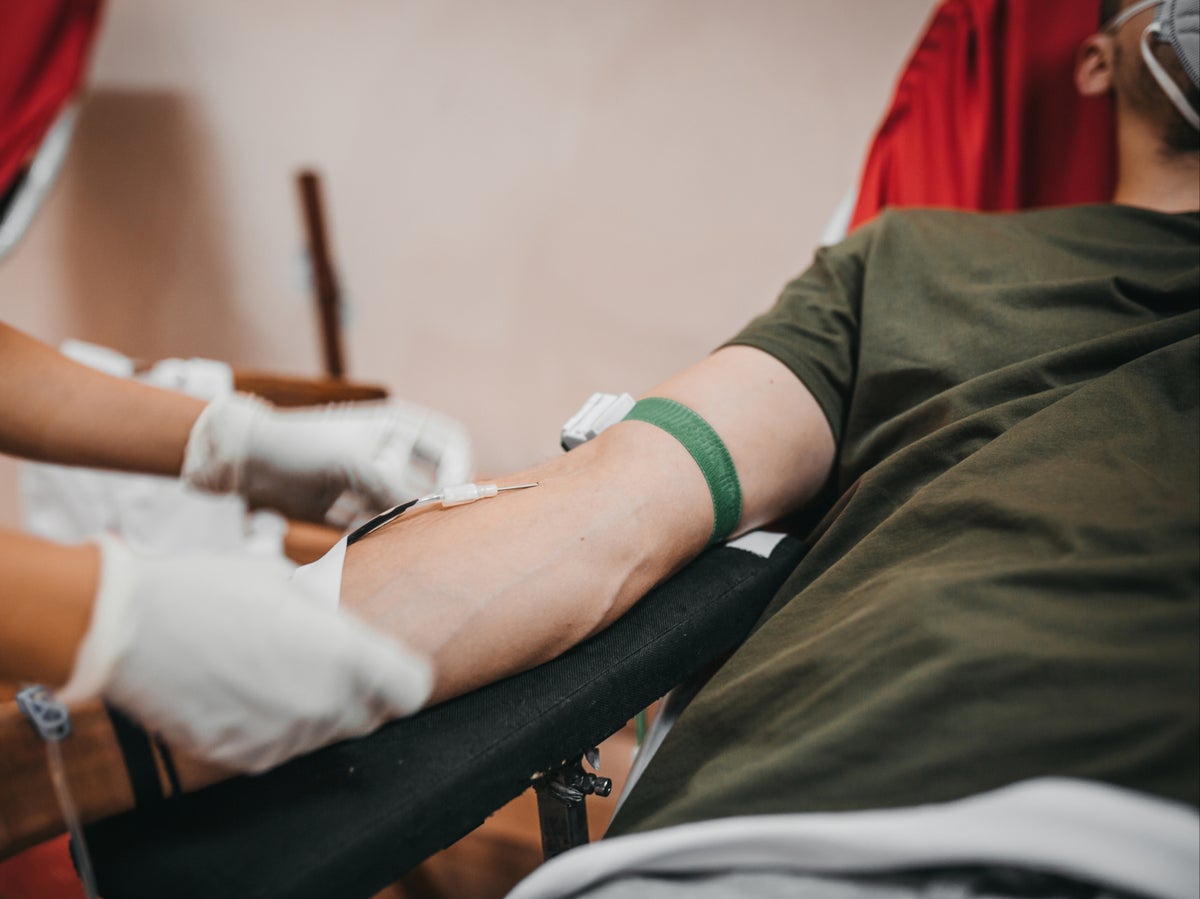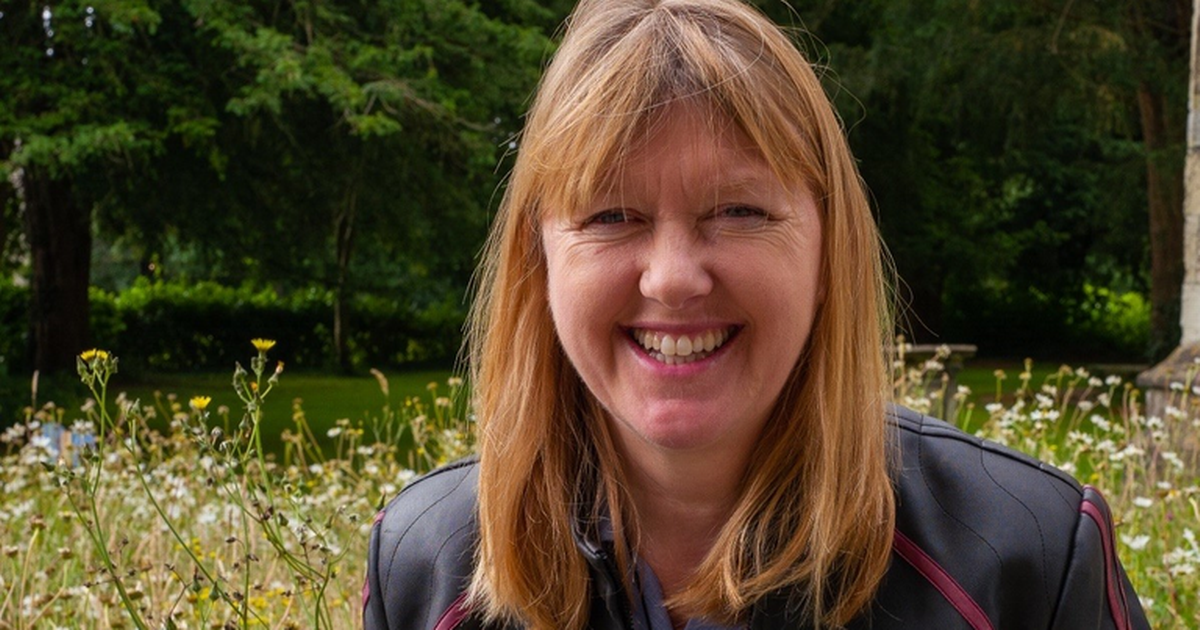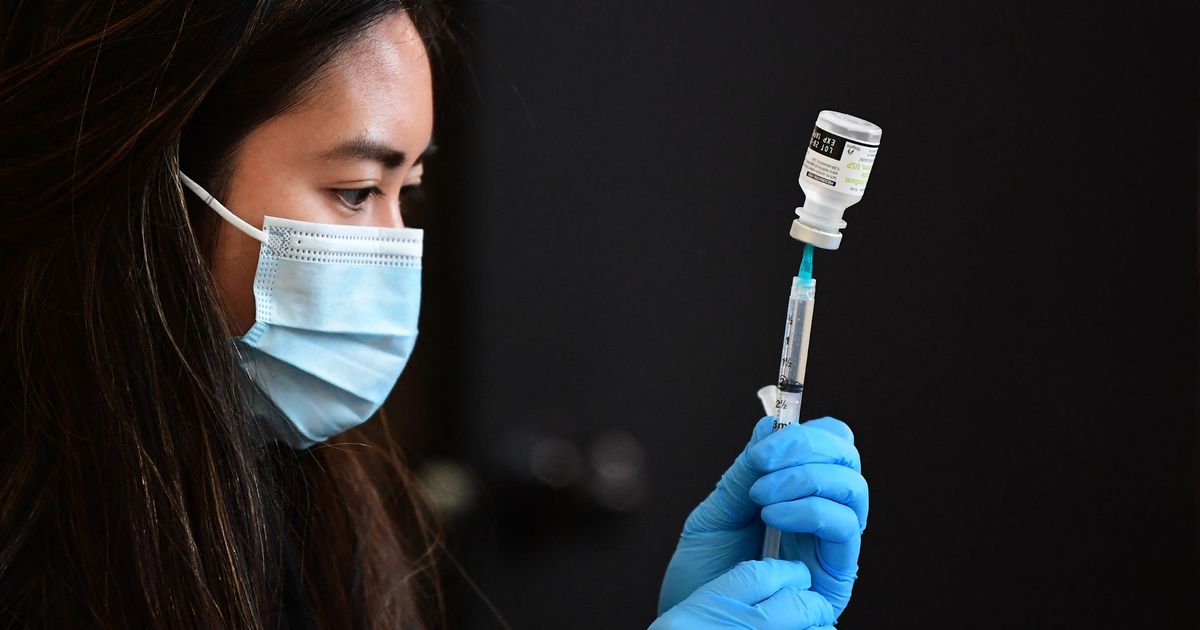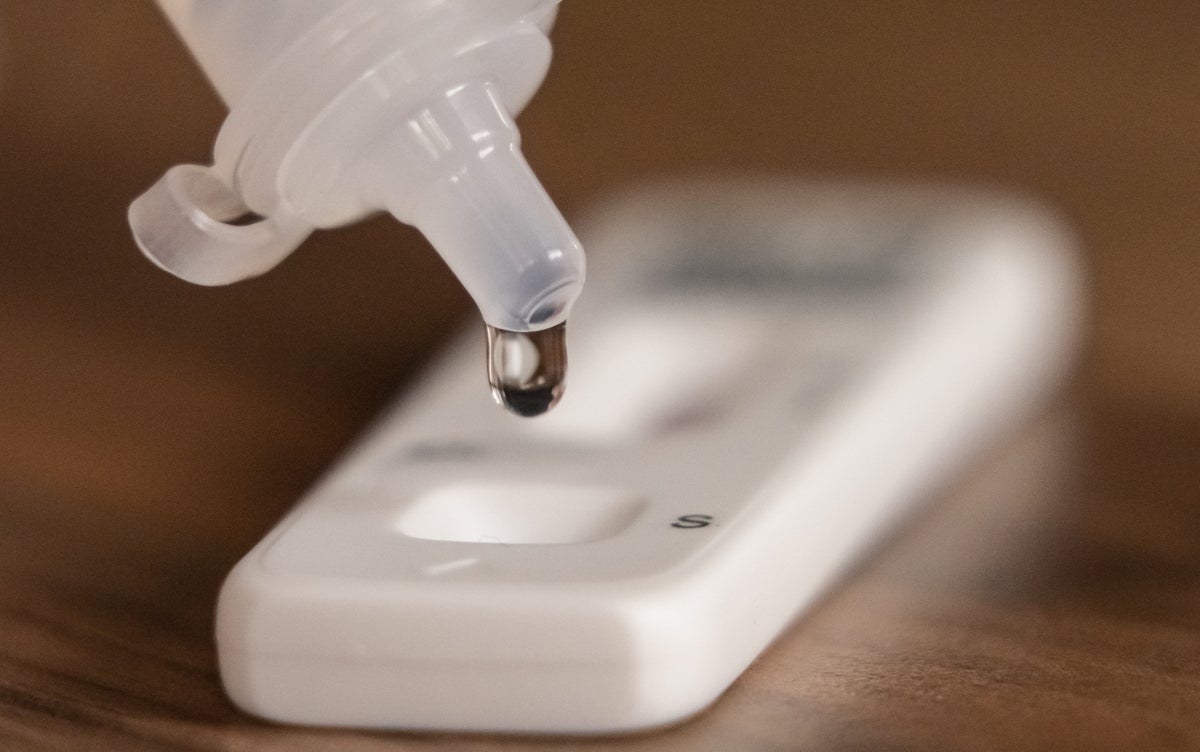The NHS needs 200,000 more regular blood donors to sustain a safe and sufficient supply.
Low blood stocks in 2024 prompted an “amber alert”, but blood stocks have remained low ever since.
NHS Blood and Transplant (NHSBT) is now urging more people to donate to avoid a “red alert”, which is a critical situation where public safety is threatened.
It described the past year as “challenging” for blood stocks, noting that just under 800,000 people are supporting the entire blood supply in England.
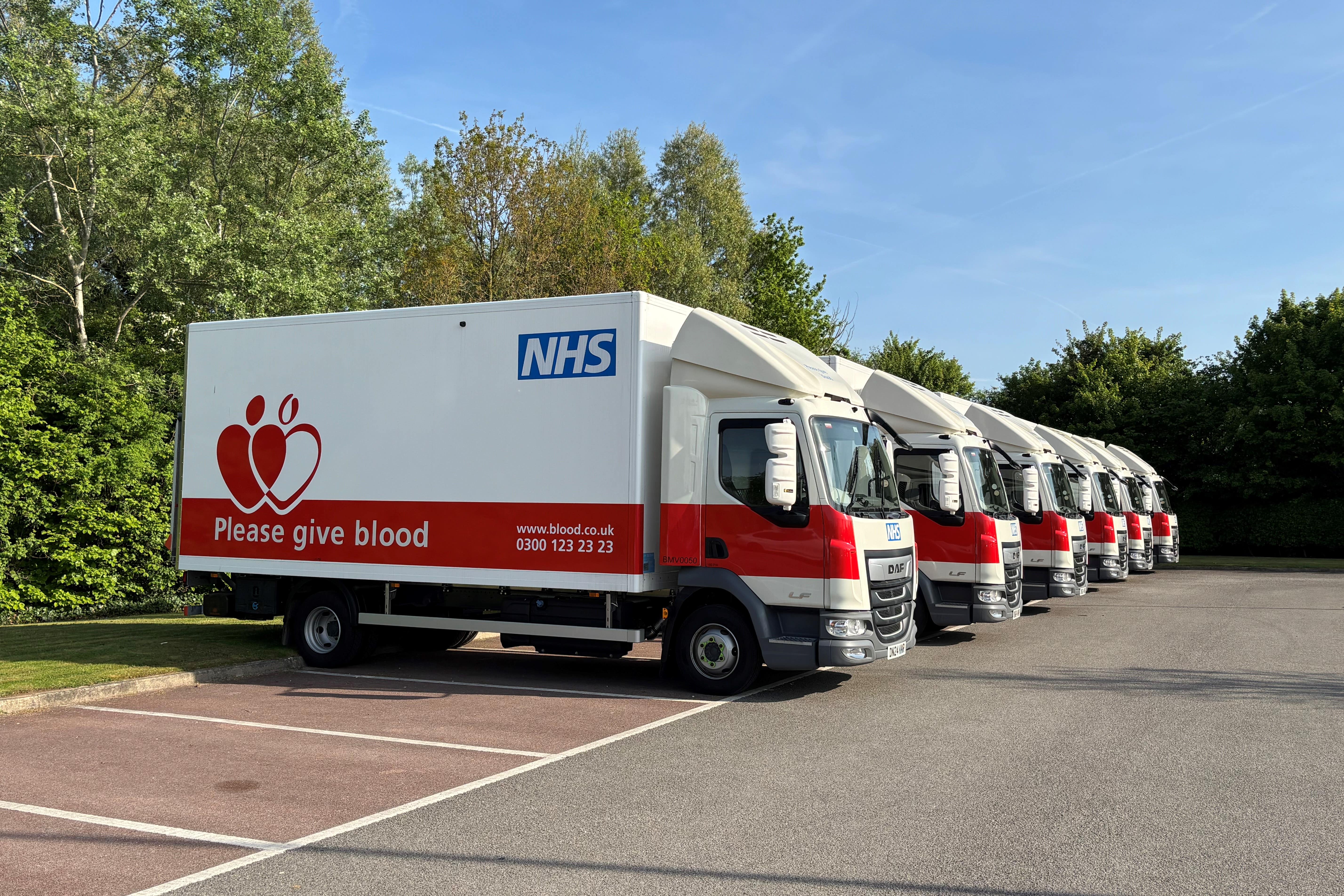
How do I donate blood?
The whole process of giving blood takes just one hour. When arriving at a blood donation centre, you are asked to complete a safety check to make sure you can give blood.
You will be given 500ml of fluid to drink – drinking this will help the body maintain blood pressure, prevent dizziness and help the body replenish the donated blood.
Then, to ensure it is safe to donate blood, medics will confirm your identity and information in your health check. In some cases, a registered nurse will follow up.
A drop of blood from your finger is then checked for iron levels. If these levels are too low, the appointment will be rescheduled.
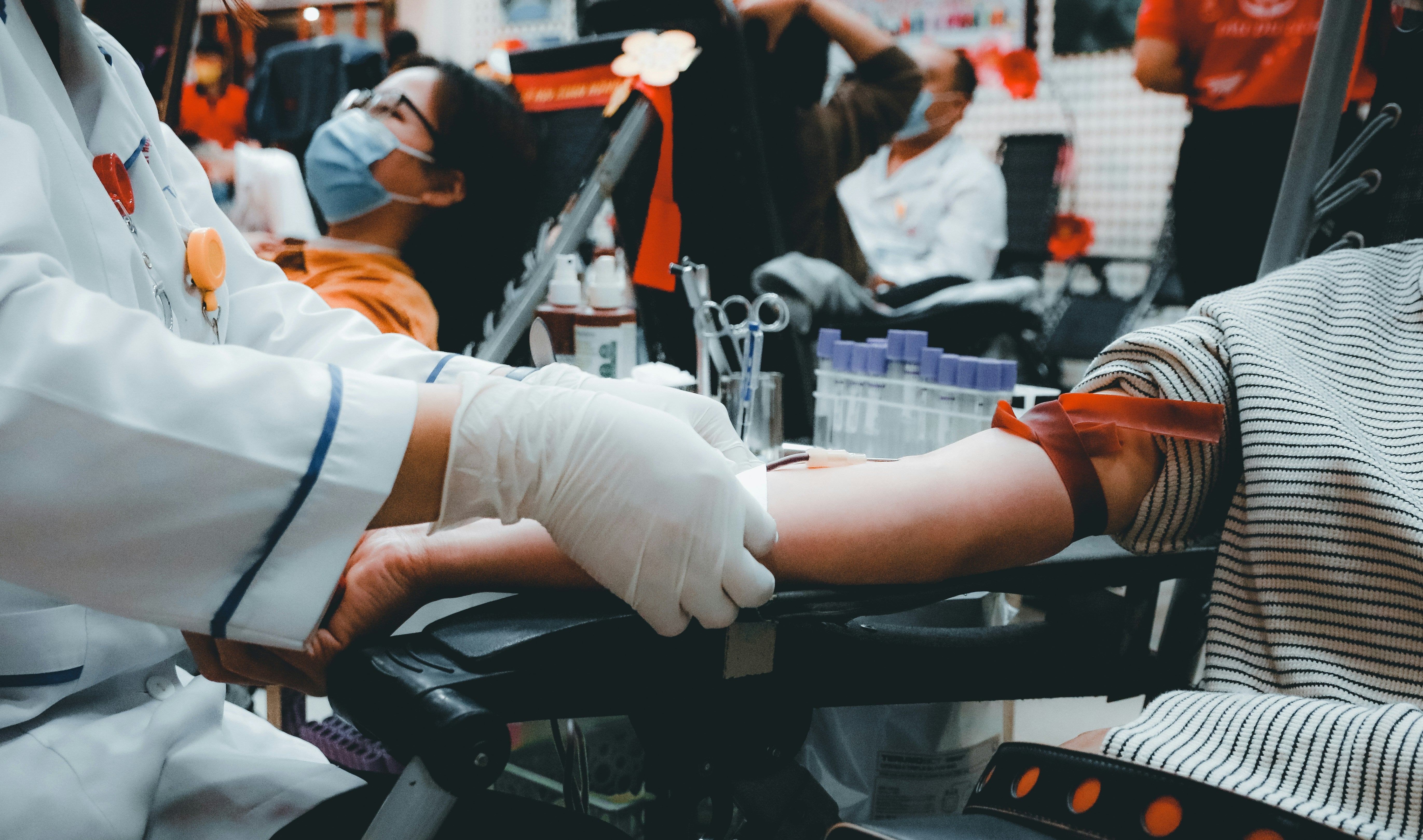
Those able to donate will be seated in the waiting area before being called to a donation chair.
Here, a cuff will be placed on your arm to maintain a small amount of pressure during the donation before a suitable vein is found and the area is cleaned.
Then, a needle will be inserted into your arm to collect your blood into a blood bag, which has your unique donor number on it.
A scale weighs the blood and stops when you have donated 470ml – that’s just under a pint.
The needle is then removed from your arm, and a dressing is applied.
The NHS says the process of giving blood should not hurt and should only take about 10 minutes.
Who can donate blood?
Although more donors are needed, there are some health, travel and lifestyle reasons that may stop you from donating blood.
Donors need to be fit and well, aged between 17 and 65, weigh between 7 stone 12 Ibs (50kg) and 25 stone (158kg) and have suitable veins.
However, you can’t donate blood if you have cancer, some heart conditions, have tested positive for HIV or are a hepatitis B or C carrier.
If you have received blood platelets, plasma or any other blood products after January 1980, or if you have injected non-prescribed drugs including body-building and injectable tanning agents, you also cannot donate.
If you’ve had anal sex with a new partner in the last three months you may have to postpone your donation.
If you feel unwell, are pregnant or have had a baby in the last six months, have had a tattoo or piercing, or have recently travelled to certain countries outside the UK, you may also have to wait before you can donate blood.
Where can I donate blood?
There are thousands of blood donation venues across England, some are permanent and others are pop-ups.
Church halls, sports centres, mosques, football stadiums and hotels are all used as pop-up venues.
To check where your closest one is, visit the Give Blood website.
You will need to book an appointment ahead of your donation which can be done online as soon as you have signed up as a blood donor.
What type of blood is needed?
There is a “critical” need for more donors who have the so-called universal blood type, O negative blood, which is needed for treatment in emergencies.
The NHS said there is also a need for more Black donors, who are more likely to have specific blood types which can help treat people with sickle cell disease.


